I’m working on a new, easier-to-read book about science and God. As one example of how natural selection has never created new kinds of creatures, I discuss the finch’s beak. One of my “test” readers was surprised: “Isn’t that one of the key examples given to support evolution?” She’s right, it is, which shows how distorted the evolutionary literature has become. Let’s look at the real facts about changes in the beaks of finches, and you can decide for yourself.
Finches are smallish birds found in most parts of the world. According to evolutionary myth, Charles Darwin noticed differences in the size of the beaks of species of finches when he visited the Galapagos Islands in 1835. He supposedly concluded that the birds had adapted, by natural selection, to different diets. Then, a mere 24 years later, in 1859, he was inspired by the beaks of finches to conceive and publish his theory of evolution.
Horse manure. As historian of science Frank Sulloway states, “Nothing could be further from the truth.” Darwin never mentioned finches in his 1859 book, On the Origin of Species by Means of Natural Selection, or the Preservation of Favoured Races in the Struggle for Life (yes, Darwin was a blatant racist). Sulloway writes:
Thus the point of real historical interest is why Darwin, who surely wanted to bolster the text of the Origin with his most convincing scientific evidence, chose to omit any specific reference to a group of birds that he supposedly thought were so important for his evolutionary argument.
The finch myth, the myth that Darwin had an “eureka” moment while studying the beaks of finches, is nonsense. Darwin largely stole the theory of evolution from an 1858 letter written to him by Alfred Russell Wallace. For the story of how Darwin did that, and managed to take credit for the theory ahead of Wallace, I refer you to Tom Wolfe’s recent book The Kingdom of Speech.
Of course, facts don’t stop evolutionists. The National Academy of Science, a Darwin propaganda machine that tries to silence all discussion of design, claims finches are “a particularly compelling example” of the origin of species. The Washington Post (not my favorite newspaper) recently wrote an article on the “iconic Galapagos finches.”
Historical embellishments aside, what are the facts? In the 1970s biologists studied finches on one of the Galapagos Islands during a severe drought. The drought restricted the diet of finches to mostly large, hard-to-crack seeds. 85 percent of the finches perished. The average beak size of the survivors was 5% greater than the average beak size before the drought.
Don’t get too excited. When the rains returned, the average beak size returned to normal. To be clear, there were always finches with larger beaks and finches with smaller beaks. There were finches with larger beaks and finches with smaller beaks before the drought, there were finches with larger beaks and finches with smaller beaks during the drought, and there were finches with larger beaks and finches with smaller beaks after the drought. There was never a new kind of finch. There was no new technology created. There was only a temporary change in the relative sizes of those two populations.
What do you think? A “compelling example” of how new species are created? If you want to learn more about the myth of the finch’s beak, I would refer you to this article by Jonathan Wells. Wells concludes “never in the history of science was so much based by so many on so little.”
No one has ever found any new technology that was created by natural selection. Since 1988, scientists have watched a common type of bacteria “evolve” in the lab, grown in flasks with nutrients the bacteria eat. The bacteria reproduce more than six times a day and there have been over 60,000 generations of bacteria. The main change was that the bacteria turned into couch potatoes, fat bacteria that can’t swim. Because of mutations, errors in coding, some of the technology they used to have no longer works. Because the flasks are shaken, and the bacteria don’t need to swim to get food, the bacteria got fat and more couldn’t swim.
There is also the itsy bitsy scientific fact that, mathematically, the theory of evolution is a disaster. It is nowhere near powerful enough to build new technology. The odds of getting by mutation a new piece of technology, a new functional protein not related to another functional protein, are so hard to overcome that it may never have happened in the history of life on Earth. I give an overview of the science/math on this in pages 105 to 112 and 136 to 138 of Counting To God. Getting dozens of new pieces that work together just right to build new technology, like legs, eyes, ears, bones, or the human brain? Ridiculous almost beyond comprehension.
So the next time someone makes the absurd claim that “evolution is a fact,” you might ask that person to look at the real facts, and you might start with the finch’s beak.
Thanks for reading. Please spread the good news of true science.




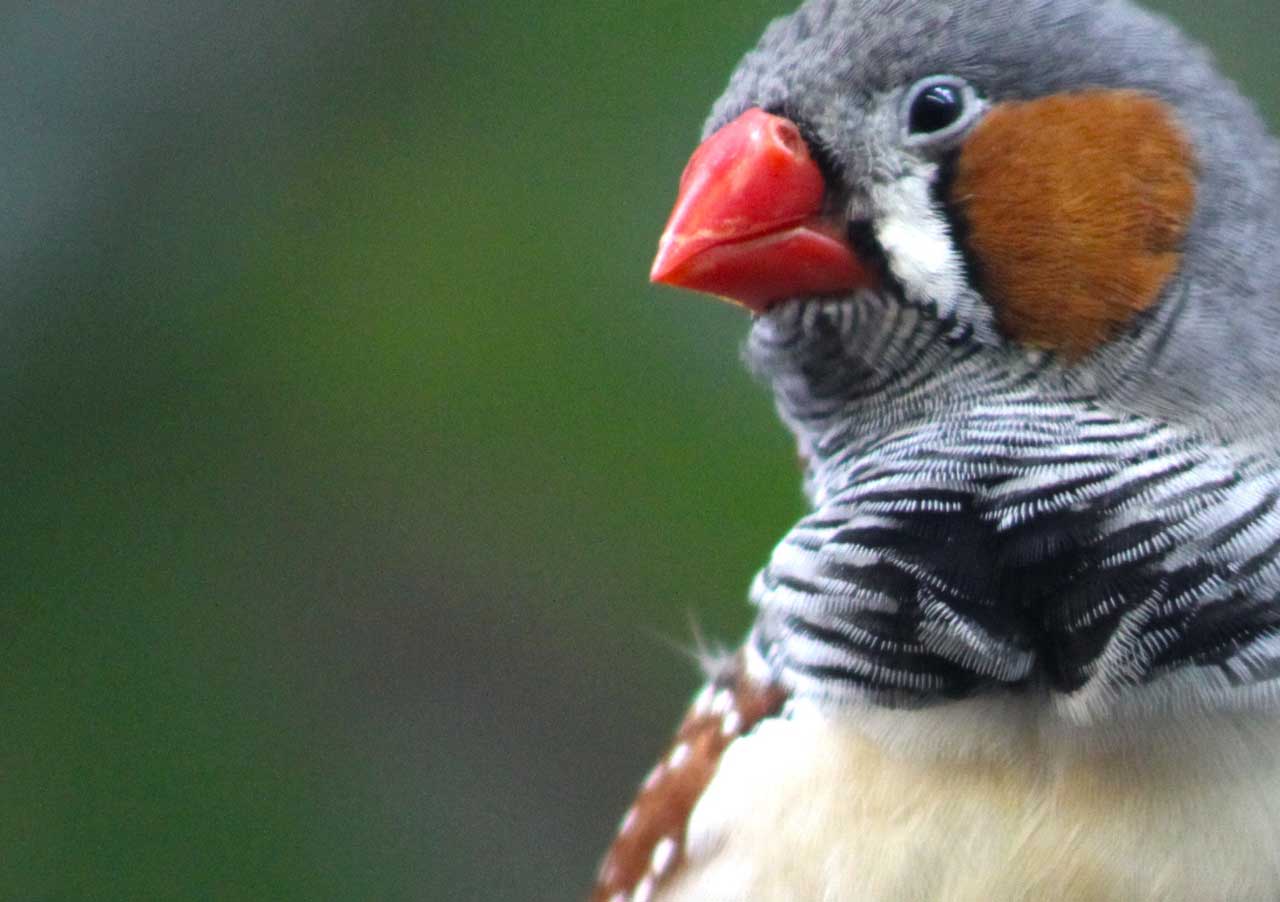

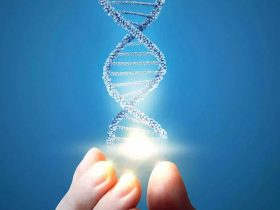







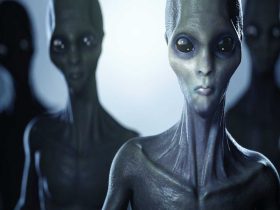
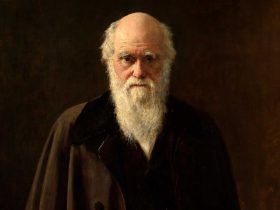

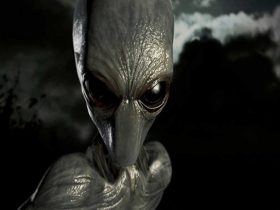
Leave a Reply